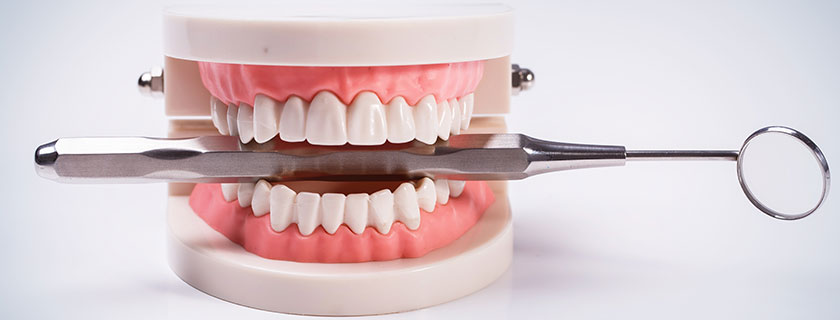
Dental Implants are appliances made to help protect the health of existing tissues while restoring the chewing functions, contribution to speech and aesthetics of teeth and tissues that are missing for certain reasons. The purpose of dental prostheses is to meet the functions undertaken by the missing teeth of the patients.
Dental treatment can be applied directly to protect the oral and dental health of the patients, or it can be applied only for aesthetic purposes. All dental prostheses are planned to be designed individually, in the tones closest to the natural tooth color, and in a way that patients can easily use.
FAQ
What are the types of dental prosthesis?
The most commonly used types of prosthetic teeth are divided into two categories: fixed and removable appliances.
Fixed dental prostheses are applied directly by the dentist and by sticking them into the patient’s mouth. Therefore, the patient cannot remove the prosthesis without the intervention of the dentist. Fixed dental prostheses are mostly produced using zirconium and laminate materials. Removable dental prostheses are applied when the patient’s natural teeth cannot provide sufficient support for the fixed prosthesis. The patient can remove and reattach the removable prosthesis at any time.
In addition to removable and fixed prostheses; Implant prostheses, bridges and single crowns are also options that can be preferred within the scope of prosthetic dental treatments. These treatments can be applied to patients who have lost one or more teeth.
What are the advantages of dental prosthesis treatment?
How is denture treatment done?
In the first stage of prosthetic dental treatment, the dentist decides which type of prosthesis will be preferred depending on the patient’s dental health and the number of missing teeth. The course and length of the treatment may also differ according to the chosen prosthesis. In any case, the patient’s mouth scans and measurements are taken and trial prosthesis models are produced.
During the rehearsal sessions, touch-ups are made so that the prosthesis fully adapts to the patient’s mouth and tooth structure. In the meantime, the compatibility of the prosthesis with neighboring teeth and tissues is also examined. In order to apply the prosthesis to the patient, implant treatment can be performed or the teeth adjacent to the missing teeth can be reduced. In the last session, the dentist applies the permanent prosthesis to the patient and conveys information about how the appliance should be used.
Before & after denture treatment
It is very important for the success of the treatment that the patients act within the framework of the recommendations and warnings of the dentists during the prosthetic dental treatment. Especially in applications that require surgical operation, patients should not damage the treated area during the sessions. In addition, in order to protect dentures and oral health, patients should not neglect to visit the dentist regularly after the treatment. It is of great importance that removable dentures are cleaned every day and that the daily oral and dental care routine is fully implemented.
If you have lost one or more of your teeth due to various reasons, you can get information about prosthetic dental treatment by making an appointment with specialist dentists. You can choose the most suitable treatment option for you and start the treatment by exchanging views with your physician during the appointment you can create via our website.